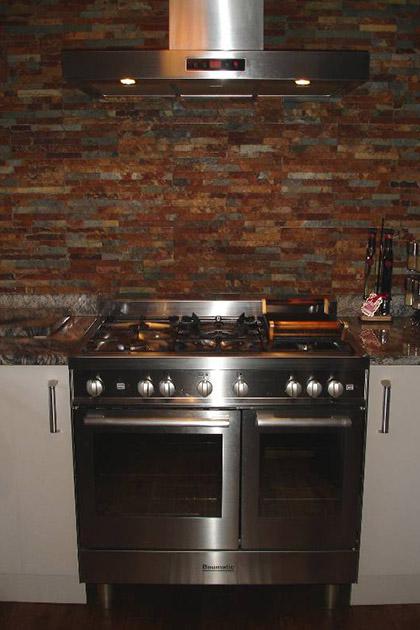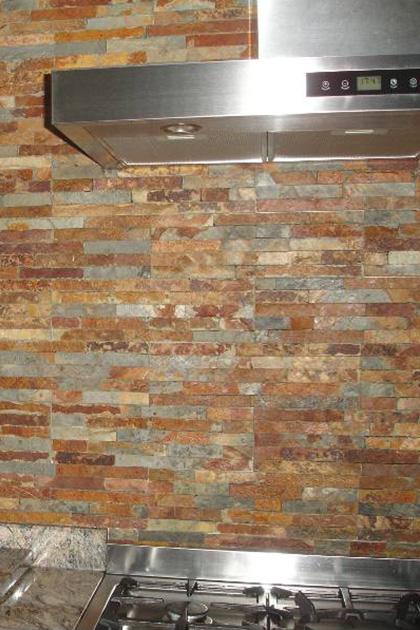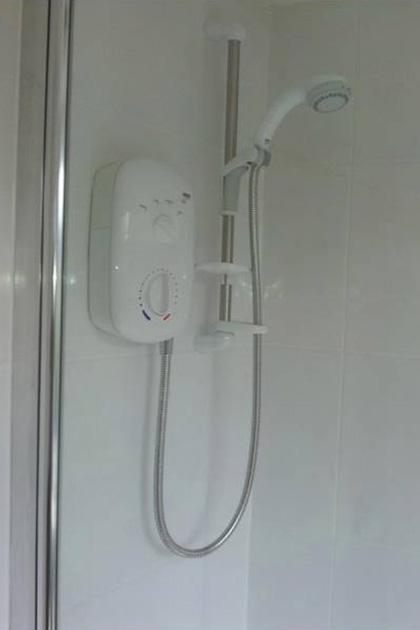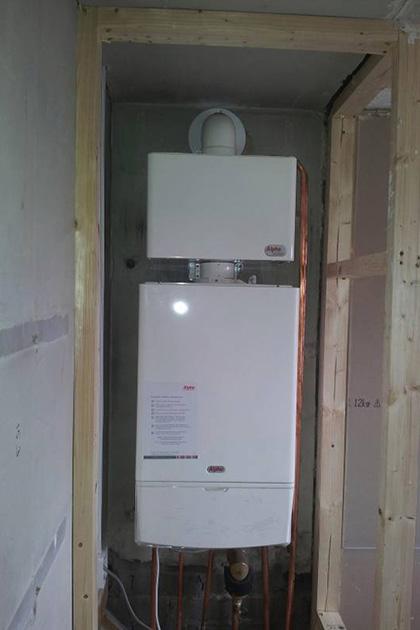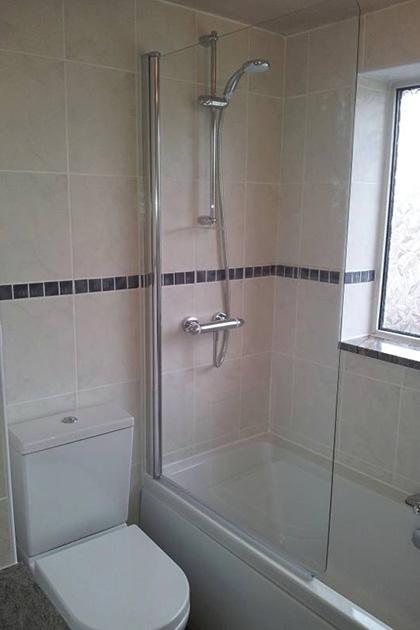A noisy boiler can be more than just a nuisance—it's often an indication that something isn't quite right with your heating system. While modern boilers are designed to operate quietly, various issues can cause them to produce concerning sounds, from subtle whistles to loud banging noises.
In this blog, our plumbers in Ramsbottom, Rossendale and Bury will cover everything you need to know about why your boiler is making unusual sounds and what you can do about it.
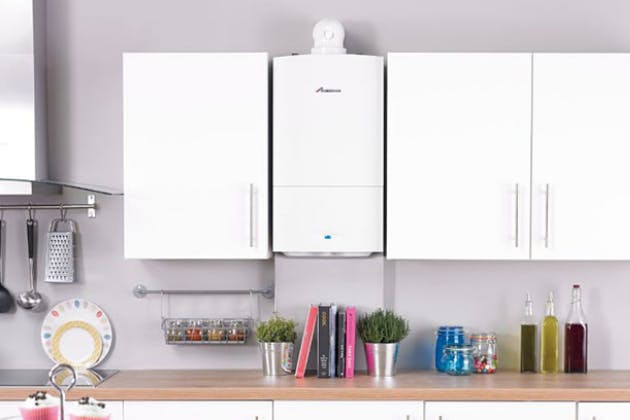
Reasons Why Your Boiler Is Making A Noise
Limescale Buildup and Kettling
Kettling occurs when limescale accumulates on your boiler's heat exchanger, restricting water flow. This restriction causes water to overheat and create steam bubbles, producing a sound similar to a boiling kettle. This issue is particularly common in hard water areas and can significantly reduce your boiler's efficiency. To address kettling, you'll need a professional powerflush to remove limescale deposits. Installing a magnetic filter or considering a water softener for your home's water supply can prevent future buildup.
Air Inside the System
Trapped air is a frequent cause of boiler noise. When air becomes trapped, it creates turbulence within the system, resulting in gurgling, banging, or knocking sounds. Air typically enters through loose pipe connections, faulty automatic air vents, recent system draining for maintenance, or micro-leaks in pipework.
Malfunctioning Thermostat
A faulty thermostat can cause your boiler to overheat, leading to kettling-like noises. When the thermostat fails to accurately read temperatures, it may allow the system to heat beyond necessary levels, create rapid temperature fluctuations, and cause the boiler to work harder than required.
Low Water Pressure
Optimal boiler pressure typically ranges between 1 and 1.5 bar. When pressure drops below this range, you might experience gurgling noises due to air pockets, reduced efficiency, overheating in specific areas, and inadequate hot water flow.
Faulty Components
Mechanical components can create distinct noises when failing. A faulty fan might produce whirring or grinding noises, indicating worn bearings. Burners might rumble due to incorrect gas pressure or dirty components. Pumps often create grinding or humming sounds when their bearings wear out or the pump begins to seize.
Delayed Ignition
This issue creates a concerning bang when the boiler fires up, occurring when gas builds up before ignition, causing a small explosion. The most common causes include dirty or faulty ignition components, incorrect gas pressure, or burner problems.
Vibrating Noises
Vibrations typically stem from loose mounting brackets or improperly secured pipework. They can also occur due to failing pump bearings or incorrect pump speed settings. These issues require professional attention to prevent further damage.
Diagnosing the Noise
When identifying the source of boiler noise, place your hand on different parts of the system and listen carefully to determine if the noise comes from the boiler unit, pipes, or radiators. Note when the noise occurs, whether during startup, continuous operation, or shutdown. Different noises indicate specific problems: whistling usually suggests trapped air or pump issues, banging typically indicates kettling or delayed ignition, gurgling often means air in the system, and vibrating generally points to loose components or pump problems.
Get professional help from plumbers in Ramsbottom, Rossendale and Bury
Simply call our highly experienced team on 01204 888255 and we'll be happy to help.

